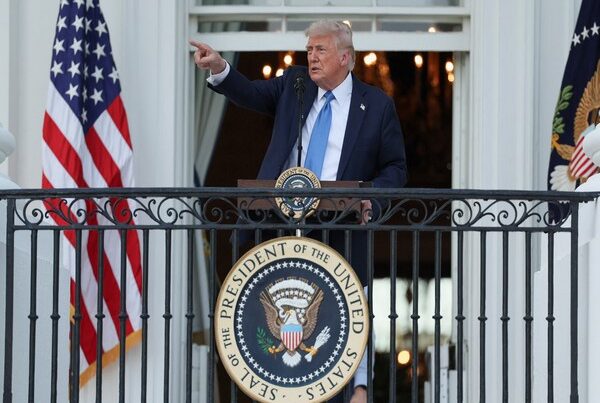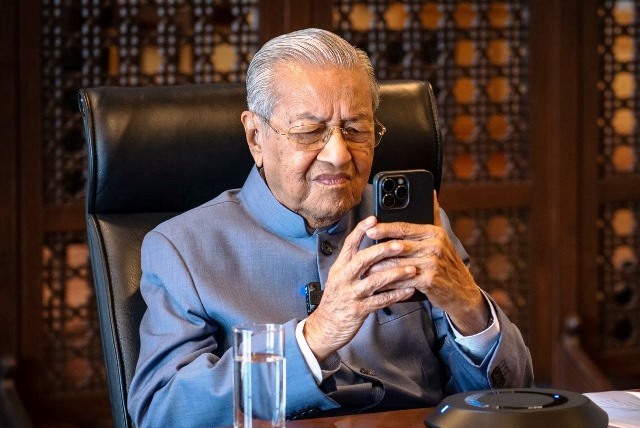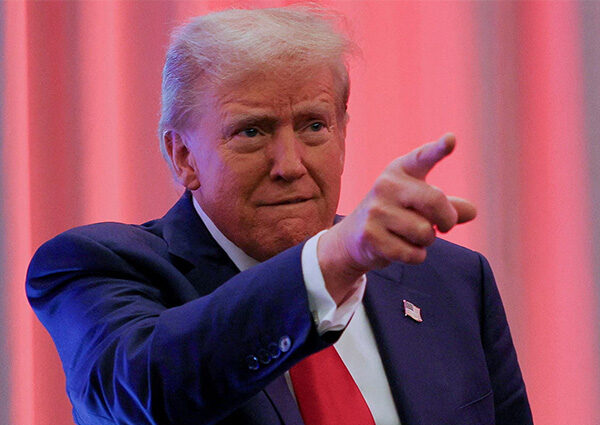
Farm Laws: Winners, Losers And The Future
The long term collateral impact of the biggest sustained protest in contemporary history is yet too early to be assessed. Prime Minister Modi, whose public persona was crafted as a tough leader who never does a U-turn, has been forced to do just that by the relentless farmers of Punjab, Haryana and Uttar Pradesh. They had more to lose from these laws than Modi did with a U-turn. He has repealed the laws to every one’s relief, except the arm-chair warriors around him who wanted him to stand firm against his own citizens.
What was also remarkable was the unity of the farmers’ leadership. Sikh leadership rarely remains united beyond a few months. The Punjab-Haryana leadership in association with the inspiring and formidable Rakesh Tikait of UP also managed to de-communalise the struggle despite several attempts by the Government to make it appear a Sikh separatist campaign. Astute and intelligent leadership has emerged from this movement. The one to watch.
It will remain to be seen what happens next in the talks. Will the leadership remain focussed and united? Will it successfully continue to be a one purpose campaign, keeping away opportunist politicians eying the potential vote bank?
While the immediate win is obvious, it’s the collateral impact of the protest that could be even more powerful. Struggles in the Punjab have often shaped the course of events in South Asia, sometimes the world. The cracks in the Mughal Empire were first split open in Punjab in 1710. Within 20 years the Mughal Empire began to unravel. It was the fall of the Punjab in 1847 that led to consolidation and expansion of the British Empire. It was the five year sustained protest movement in Punjab in 1920s for regaining control of Gurdwaras that started the collapse of the British Empire. The British invited the Congress in 1932 to talk about possible transfer of power. Why Congress and Gandhi dillydallied for another 15 years has not been looked at by historians. Once India became free, the rest of the British Empire fell apart like dominoes.
It was the communal violence in Punjab in 1947 that continues to dominate geo political issues in South Asia. And it was the Punjab Sikh agitation against Indira Gandhi’s Emergency in 1975 that weakened her and the Congress. It started the rise of the alternatives. It was the Sikh uprising after 1984 invasion of Golden Temple that led to final disintegration of Congress, rise of BJP and Hindutva.
The Punjab rarely gains much politically from its struggles but creates waves that quantumly precipitate other upheavals in South Asia and the world.
What will this movement precipitate? It is possible that a coherent federal Indian movement might arise as a collateral from the weakening of BJP. It is possible that the ‘small farms’ issue could become internationalised and small farmers around the world might rise against the encroaching corporate agri business. It could be the beginning of dismantling of stranglehold that global corporate sector has on power. Struggles from Punjab influence events in many ways and the consequences of this struggle remain uncharted yet.
Equal winners in the struggle were the women of India. The women of Punjab, Haryana and UP have shown a strength, resilience and daring that is an inspiration to the world. They stood shoulder to shoulder with the men and many times endured far more. They refused to go back to the villages and instead brought their children and grandchildren with them. They dared the Government and refused to bow.

It is difficult yet to predict the personal and political impact on the Indian Prime Minister Narendra Modi. People who have met him personally often say that he is a pleasant, charming and a warm person who empathises with the concerns of others. But the BJP electoral machine had built him as an Indian Thatcher, decisive and never taking a U-turn.
Margaret Thatcher, the British Prime Minister who destroyed the coal mines and the Unions, is famously remembered for her rhetoric, ‘You turn, the Lady is not for turning’. Yet in her reign, she did many U-turns, most infamously in the very unpopular poll tax. Similarly Modi has done a few U-turns, with the repeal of Farm Laws as the most spectacular one in full public gaze.
Nevertheless, it is not appropriate to say he lost. He bowed to democracy. He is a leader of a democracy. When he sensed that that the protestors were gaining increasing support from Indians from all corners of the country, he did the decent thing. He ignored his image makers and took a personal decision. He decided to repeal the laws. He may initially have stood his ground against the farmers, but ultimately he defied those who ‘made’ his public persona.
ALSO READ: Farmers Protest – Solution Lies With Canada Sikh MPs
The greatest losers in this have been Canada and Australia and their big Agri businesses assisted by WTO rules set by western powers. It was Canada and latterly Australia that have relentlessly been gunning at the MSP (minimum support price) for farm produce in India. Australia brought a formal complaint against India in 2019 with Canada joining the ‘arbitration board’ to decide whether India has broken World Trade Organisation rules by given 150% MSP (or MPS in WTO language) for wheat and 185% for Sugar Cane.
The Indian Government was under immense pressure to scale down MSP to a mere 110% or bring in the private sector. Both Canada and Australia were drooling when farm laws were introduced and Modi stood firm. They are of the opinion that due to miniscule profit margin under WTO rules and free market, small farmers will stop growing wheat and other food grains thus pushing India to buy these products from Canada and Australia instead. They had the GDP obsessed IMF on board too. India is a huge potential market for the mega farms of both countries. It was no surprise that Sikh MPs in Canada maintained a studious silence on the Punjab Farm Laws.
If Modi decides to stand by Indian farmers and accepts their demand for MSP to be legislated at 150% or more, this will be a great blow for the 30-year campaign by Canada and recently by Australia to break into the Indian grain market.
With growing dissent within the WTO for its pro-western and pro-corporate orientation, this protest may spur India to lead the developing countries and force change in WTO.
Perhaps the greatest winner of the protest and the Modi U-turn is India’s otherwise dysfunctional democracy. Often appearing to be faltering and surviving in Intensive Care, India’s democracy has in fact shown itself to be adaptable and a great survivor. Despite many hiccups, election violence, wannabe dictators, it has shown its resilience time and time again. It broke Indira’s Emergency and it has forced BJP to repeal the laws.
Whatever happens next, whether the BJP starts to lose grip of near total power or federalism emerges as the way forward, democracy will survive in India for long time to come. It will make and break leaders. It is the wider collateral impact on the world that is to be watched from this protests.



